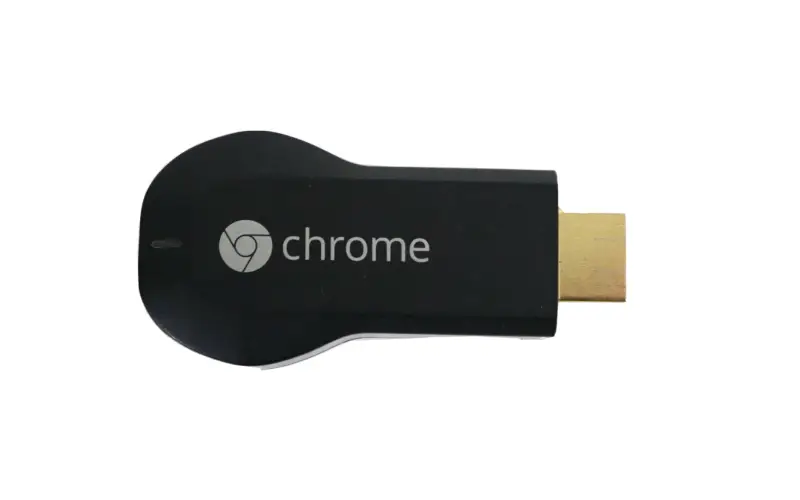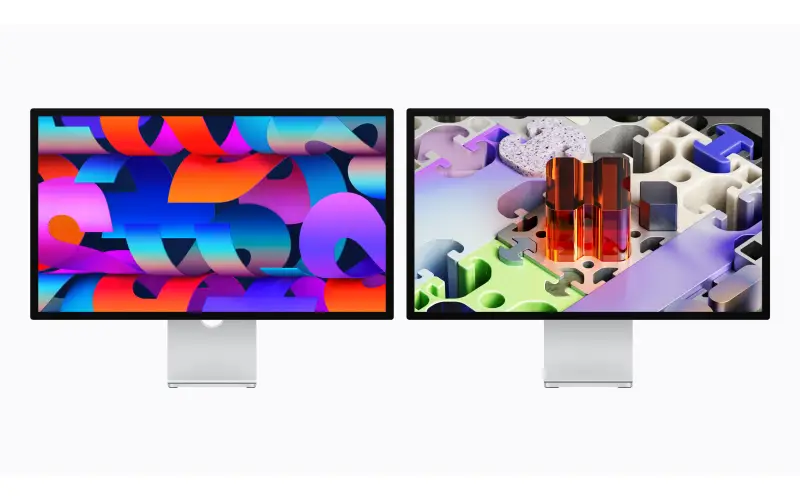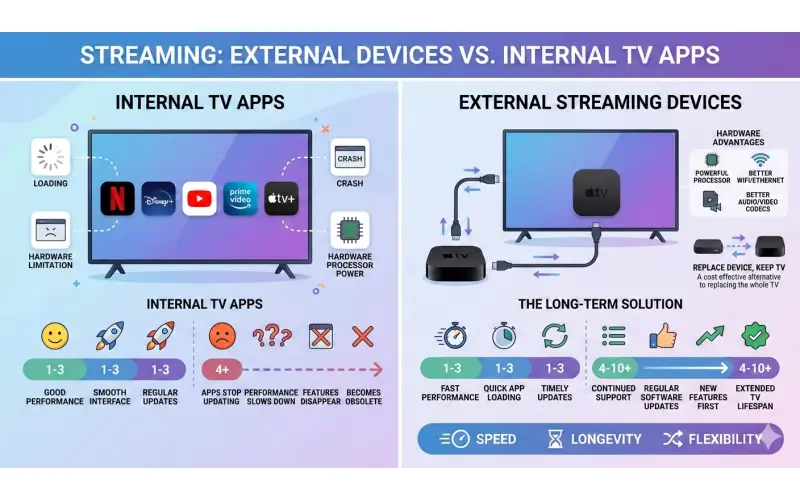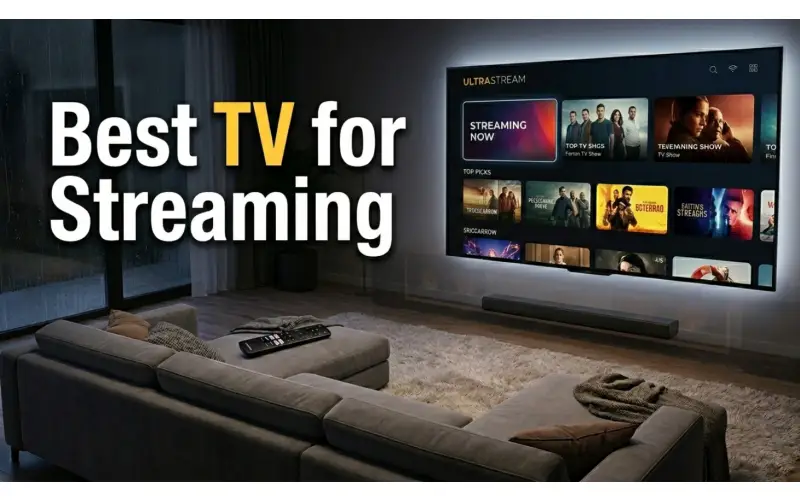In a surprising move, Google has silently dropped a bombshell for tech enthusiasts and streaming aficionados: support for the first-generation Chromecast has officially come to an end. That's right, the petite, key-shaped streaming device that revolutionized our living rooms will no longer receive any software or security updates. It's time to bid farewell to the device that kickstarted the Chromecast revolution, even if it means we might notice a slight dip in performance.
For nearly a decade, the 2013 Chromecast has faithfully served as our gateway to a world of entertainment, all at the jaw-dropping price of just $35. That's a pretty good run in the world of consumer electronics, where gadgets are often rendered obsolete within a blink of an eye. While bidding adieu to this little powerhouse might be bittersweet, we can't deny that Google has given us a solid decade of joyous streaming.
The last hurrah for the Chromecast (1st gen) came in the form of firmware version 1.36.159268, a release that graced our screens back in November 2022, promising "bug fixes and improvements." But here's the kicker: that was the first update in over three long years. It seems like the Chromecast's key-shaped charm wasn't enough to entice Google into extending its lifespan any further.
On the Chromecast firmware versions and release notes support page, which was last updated on April 27, 2023, Google made the heart-wrenching announcement. Brace yourselves, folks: support for Chromecast (1st gen) has officially ceased. From now on, these devices will no longer receive software or security updates, and Google will no longer provide technical support for them. We can't help but shed a tear as we bid farewell to this iconic streaming companion.
Let's take a moment to reminisce about the glorious design of the first-generation Chromecast. With its sleek key-like form factor, it was a true showstopper. Featuring an HDMI port on one end and a micro-USB port on the other for power, this tiny wonder brought our favorite shows and movies to life with just a simple plug-in. The "Chrome" logo emblazoned on the top added an extra touch of elegance to this affordable gem.
But don't let its small size fool you—this pint-sized powerhouse packed a punch. Sporting specifications like 512MB of RAM and 2GB of storage, the Chromecast's affordability didn't compromise its ability to deliver seamless streaming experiences. It truly proved that good things come in small packages.
To add a dash of whimsy to its legacy, the first-generation Chromecast was labeled with the H2G2-42 model number, a clever nod to "The Hitchhiker's Guide to the Galaxy." It seems that Google was hinting that this device held the answer to the ultimate question of life, the universe, and everything. Oh, how we'll miss these charming details.
After the triumph of the inaugural Chromecast, Google followed up with subsequent iterations, including the second-generation model, shaped like a puck, and the Chromecast Audio, which joined the family in 2016. In 2018, the third-generation Chromecast, with a CE Critic score of 79, took the stage, dazzling us with its improved performance. However, all good things must come to an end, and the third-gen Chromecast marks the final chapter of Google's Cast-powered streaming devices, as the torch is passed on to the newer Google TV models.
As we wave goodbye to the first-generation Chromecast, let's take a moment to appreciate the role it played in transforming our living rooms into personalized entertainment hubs. Its endearing design and affordable price point made it a pioneer in the streaming world, forever leaving its mark on the industry. While we may mourn its departure, we eagerly anticipate what the future holds for Google and its ever-evolving lineup of cutting-edge streaming devices.





